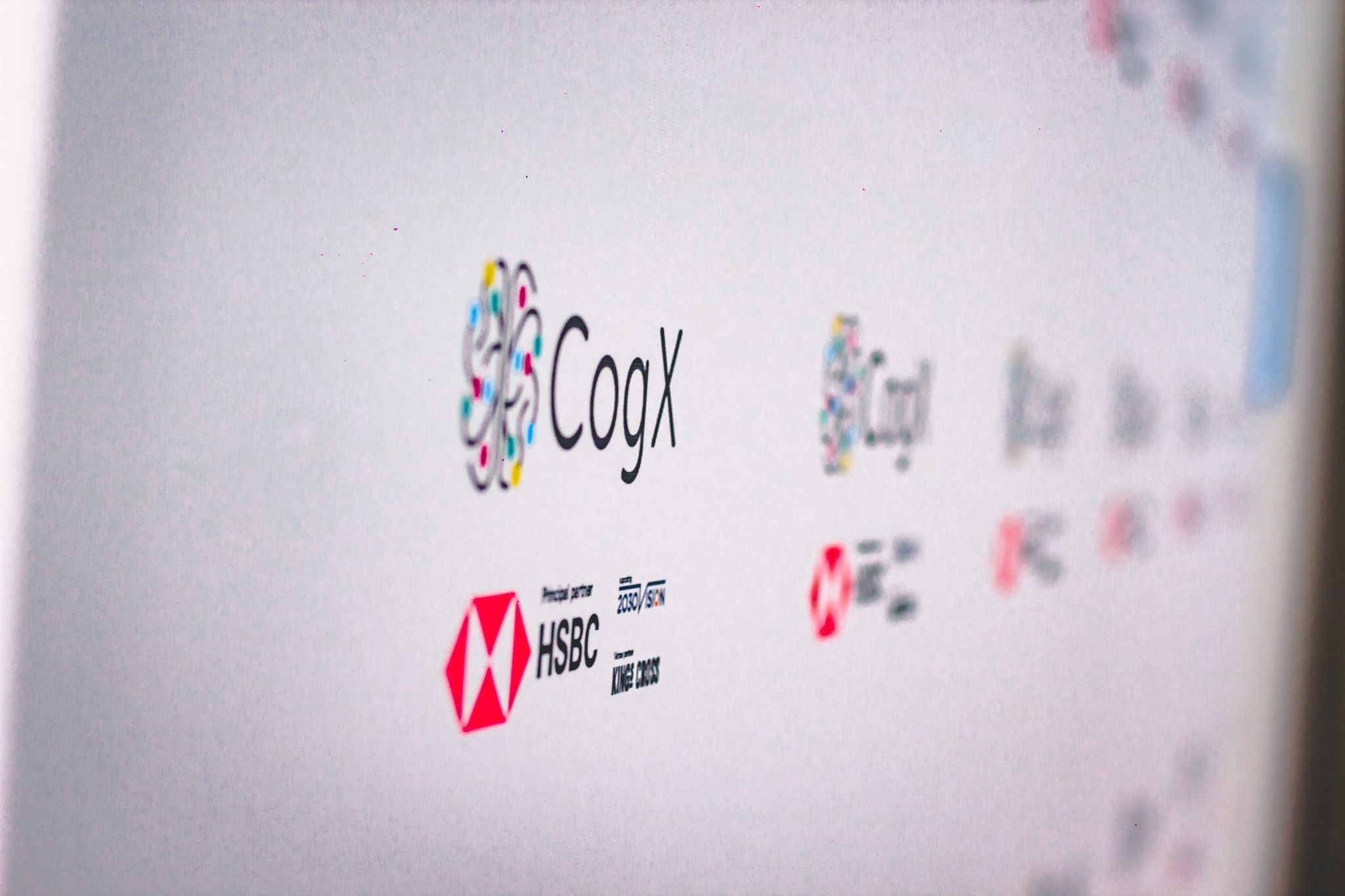
NEWS / DATA
Data deluge
Day two of CogEx (or #SogEx as some wag has christened the event on Twitter in the aftermath of yesterday’s downpours), thankfully the skies have remained clear and positivity has shone through. This was apparent in today’s opening session on the main stage, ‘Transformation in the age of machines’ from Salim Ismail of OpenEXO.
Data deluge
Day two of CogEx (or #SogEx as some wag has christened the event on Twitter in the aftermath of yesterday’s downpours), thankfully the skies have remained clear and positivity has shone through. This was apparent in today’s opening session on the main stage, ‘Transformation in the age of machines’ from Salim Ismail of OpenEXO.

Salim began by highlighting the principle of Moore’s Law is no longer the sole preserve of computing. It can be tracked across multiple technology-led segments. The ‘doubling factor’ sees power increase and prices drop across segments as diverse as AI, medtech, robotics, energy and more. Despite conservative growth predictions from analysts, the reality has been a steady and predictable upwards curve on all of these technologies over the years.
The end result in each case is the same: the business model evolves from a scarcity model to an abundance model – the Gutenberg moment. Other than printing, the most famous example is probably photography, where a key business driver – the cost of processing – has been entirely removed as the market moved from analogue to digital.
The ‘immune system’ of large organisations is built to resist change, just look at Kodak. This resistance to change is equally apparent at a societal and institutional level. However, society and business must be brave. Digitisation democratised and commoditised photography and while there may no longer be a market for processing, new opportunities have emerged. This is seen in how we store, classify, manage and exhibit the multitude of images we now possess. Kodak’s loss has been Google and Instagram’s gain!
Technology and data have not levelled the playing field, they have fundamentally changed the shape. More businesses will have to pivot if they want to avoid the fate of Kodak or Blockbuster. In particular, abundant cheap solar energy has the capacity to entirely shake up the fundamentals of our society.
The doubling factor means the pace of technology and data-led change will only accelerate. In the age of the machine the challenge lies in how we use this mass of data to identify new opportunities. Managing this complexity is simply beyond the means of humans, as Salim suggests we haven’t had a brain upgrade in 50,000 years – you’d be disappointed if that were an iPhone!
However, it isn’t feasible to keep increasing the size of analyst teams to interrogate an exponentially growing data stack. Businesses need to invest in AI if they like it or not.

It is business critical though. Salim reminded us of a famous quote from angel investor David S. Rose: “Any company designed for success in the 20th century is doomed to failure in the 21st.”
The problem is this can be a big ask for incumbent businesses across every market segment. Looking at our own sector, Artefact is one of those data-driven businesses that benefits from being relatively new to the party. We may be a smaller player than the established networks, but our AI-led approach and an ethos built around breaking down siloes means we’re able to move fast and offer new services to our brand clients.
It may still be early days for AI and machine learning but as CogX reminds us, there’s plenty to look forward to.
What we learned at CogX today, talking points from key sessions:
- There’s no doubt technology is disrupting each and every sector. However, this is only half the story. How the tech is deployed should be a direct response to the changing consumer demands, which are themselves often informed by technology.
Businesses must put the customer at the centre of everything they do – the strength AI and machine learning offer here lies in hyper-personalisation.
- There have been some false starts for AI in recent news. The ‘fake news’ scandal in particular has damaged consumer trust. But this is not irreparable.

Transparency is key. It’s imperative that people know when they are dealing with a chatbot (for example). Moreover, consumers must be able to discern a real benefit from AI if they are to accept it.
- There’s little value in deploying AI, or any other emerging technology for the sake of it. Put the customer – whether that’s internal or external – first.
Next consider what ethical guidelines you need to put in place to ensure those customers will trust and buy-in to the tech. It’s only then that you should even consider laddering up to deployment.
Ashok Vaswani – Global Head of Consumer & Payments – Barclays
- Data can be an emotive issue, especially when it pertains to someone’s personal finances. There’s always a balance to be struck in how invasive you can be in using that data. The risks are heightened if you’re dealing with vulnerable questions, for example those in debt or coping with bereavement.
In these instances, you should be very sensitive about what channels you use. While you can use data analytics to understand the context, there are times when outreach must be conducted by a human.
Josh Bottomley, head of digital, data and development, HSBC
- There’s a preconception that larger organisations always move more slowly and favour incremental innovation. That’s not always the case and depends on the culture of the business.

While you can’t mandate the use of new technology people will run to any new solution that clearly solves a problem. For example. If you get hundreds of emails a day, a system that sorts them by priority will always be valued.
Joanne Hannaford, Goldman Sachs
- Chatbots tend to be female and have Western names. That’s because it offers a greater acceptance by users. However, we need to think long and hard about the ethics here and whether this is reinforcing unconscious bias.
Charles Radcliffe, Fidelity International

Interested in Data Consulting | Data & Digital Marketing | Digital Commerce ?
Read our monthly newsletter to get actionable advice, insights, business cases, from all our data experts around the world!
 BLOG
BLOG

